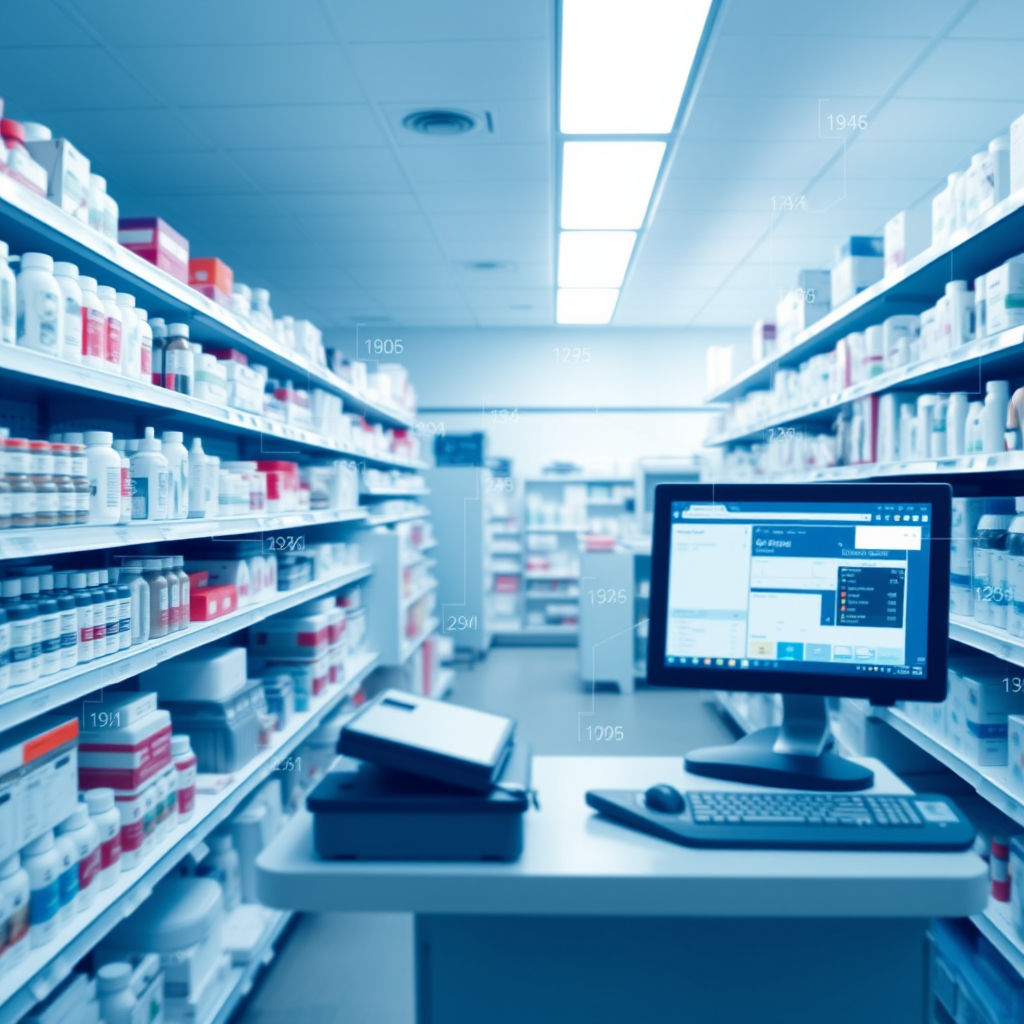
CALL OR MESSAGE US AT:
+91 63036 31576
Please WhatsApp your Prescription on the above number & We can Get it Ready for you
At MedAux
YOUR HEALTH IS OUR PRIORITY

Prostate Inflammation
Prostatitis is the name given to an acute or chronic (long-term) inflammation of the prostate gland. It is usually the result of an infection.
The prostate is the gland most frequently affected by disease in older men. Prostate cancer, enlarged prostate (benign prostatic hyperplasia) and Inflamed Prostate account for the majority of prostate conditions. Inflammation of the Prostate (as opposed to Prostate enlargement) is usually due to bacterial infection.
SIGNS AND SYMPTOMS
• Symptoms of acute (sudden) bacterial prostatitis include chills, fever, the need to urinate more frequently, an urgent need to urinate, painful urination, dribbling of urine after urination, lower back pain and pain in the testes and behind the scrotum which spreads down the legs. The Prostate gland may be very tender.
• Symptoms of chronic bacterial prostatitis vary but in some cases no symptoms may be experienced. Recurring urinary tract infections are a common factor. The scrotum may also become swollen and tender.
• Symptoms of chronic nonbacterial prostatitis are often the same as bacterial prostatitis. There is, however, rarely a history of urinary tract infections. This type of prostatitis has no known cause and does not respond to antibiotic medication.
TREATMENT OPTIONS
As with all conditions your Doctor should be consulted to diagnose and treat this ailment.
Your Doctor may take a sample of your urine or discharge from the urethra. This will help to identify the cause of the condition and the most appropriate type of treatment.
Bacterial infections of the Prostate are usually treated with bed rest, pain relieving drugs, stool softeners and an increased intake of fluids. When the type of bacteria causing the infection has been identified, a course of antibiotics may be prescribed. Nonbacterial prostatitis is often difficult to treat and will not improve with antibiotics. Hot sitz baths, periodic prostatic massage by a medical practitioner and certain drugs may be prescribed to help relieve the symptoms.
DIET HINTS
• A diet, which includes all natural foods, lean sources of protein, e.g. fish and lean meats and unprocessed, whole grains such as brown rice, is generally considered best.
• This diet has an emphasis on raw foods, particularly seeds and nuts. Pumpkin seeds are a good source of zinc. Zinc is believed to have a stabilising and protective effect on the prostate gland. Other foods, which contain zinc, include oysters, liver, yeast, egg yolks, herring, wholegrains and beef.
• Try to eat a few servings of vegetables and fruit every day.
• Foods containing soybean may help to reduce the severity of cases of prostate problems. Soy foods include; soy milk, tofu, tempeh and Soybeans.
• Try to avoid eating fatty and sweet foods.
• Coffee, tea and alcohol should be avoided or at least drunk in moderation only. Try using a coffee replacement and drink herbal teas, juices and fresh, filtered water instead.
• Fresh fruit and vegetable juice is an ideal way to make sure that you are receiving adequate vitamins during the day.
VITAMINS/MINERALS/HERBS
• Zinc deficiency has been associated with Prostatitis.
• Essential fatty acids (fish oil) are important in prostate function.
• Alanine, Glutamine and Glycine are all-important amino acids for maintaining normal prostate function.
• Kelp may supply necessary minerals for improved prostate function.
• Chinese ginseng may be beneficial for prostate health.
• Saw Palmetto is another herb that has been successfully used for Prostate inflammation.
PHARMACIST'S ADVICE
Ask your MedAux Pharmacist for advice.
1. Follow the Diet Hints.
2. If you need help to stop smoking, ask your Pharmacist for advice.
3. Avoid stress as much as possible.
4. Ask your Pharmacist if you have any queries prescribed medication.
5. Maintain sufficient fluid intake. It is a temptation to restrict fluid intake to avoid frequent urination, however this is the wrong approach. Restricting fluids will not allow the bladder to stretch and the muscle tone may be lost. Not drinking enough fluid may also increase the risk of developing a urinary tract infection.
6. Avoid drinking tea, coffee and cola drinks, especially before sleeping, as these contain caffeine, which stimulate the body to release more fluid. This may cause dehydration, constipation and increase the frequency of urination.
7. Have regular exercise. Swimming and walking are two good examples. 20 to 30 minutes of exercise per day is recommended. See your Doctor for a check-up before starting an exercise programme.
8. Ask your Pharmacist about ways to avoid and treat constipation. Constipation can cause you to strain which puts extra pressure on the bladder and Prostate.
9. If the diet is inadequate consider some supplements.
